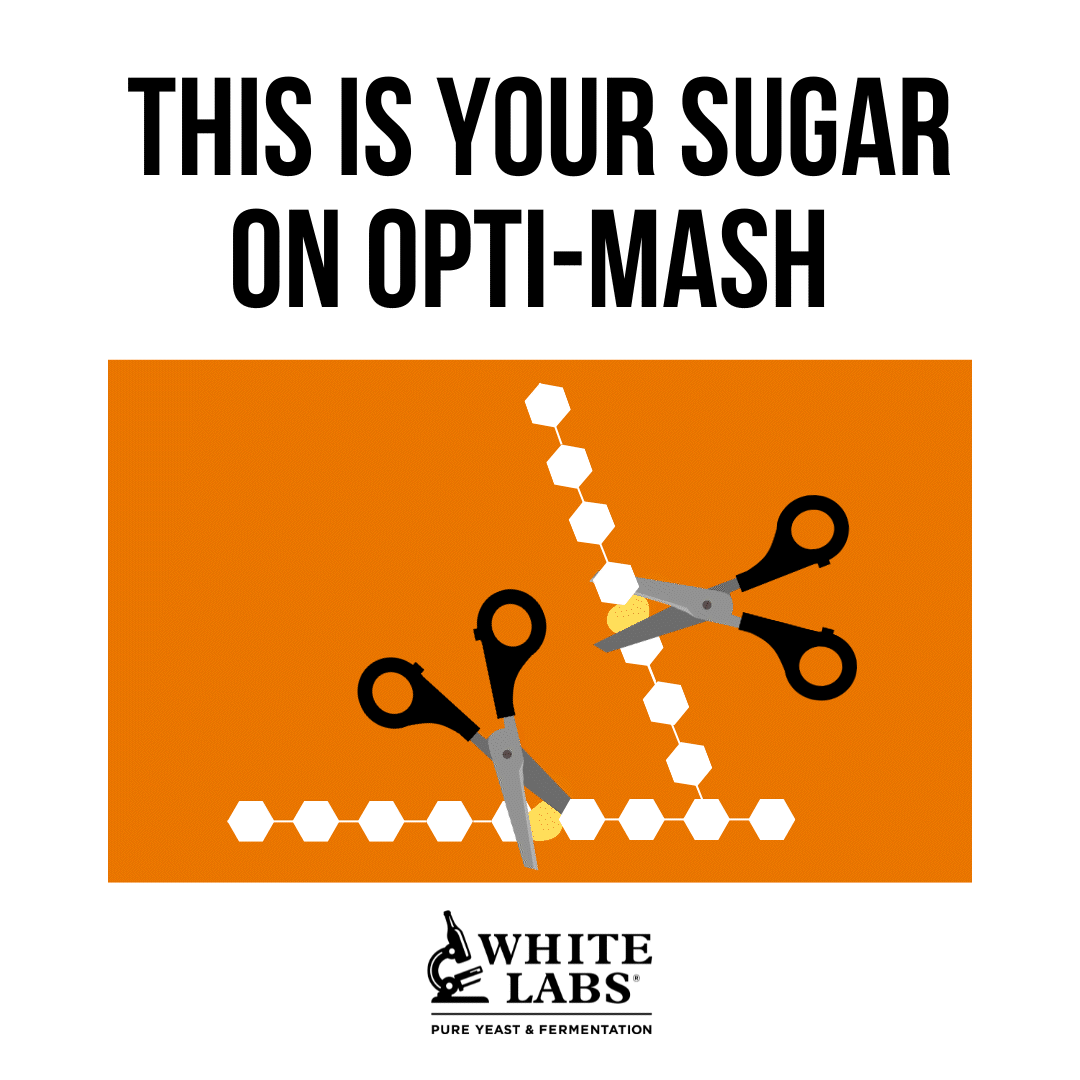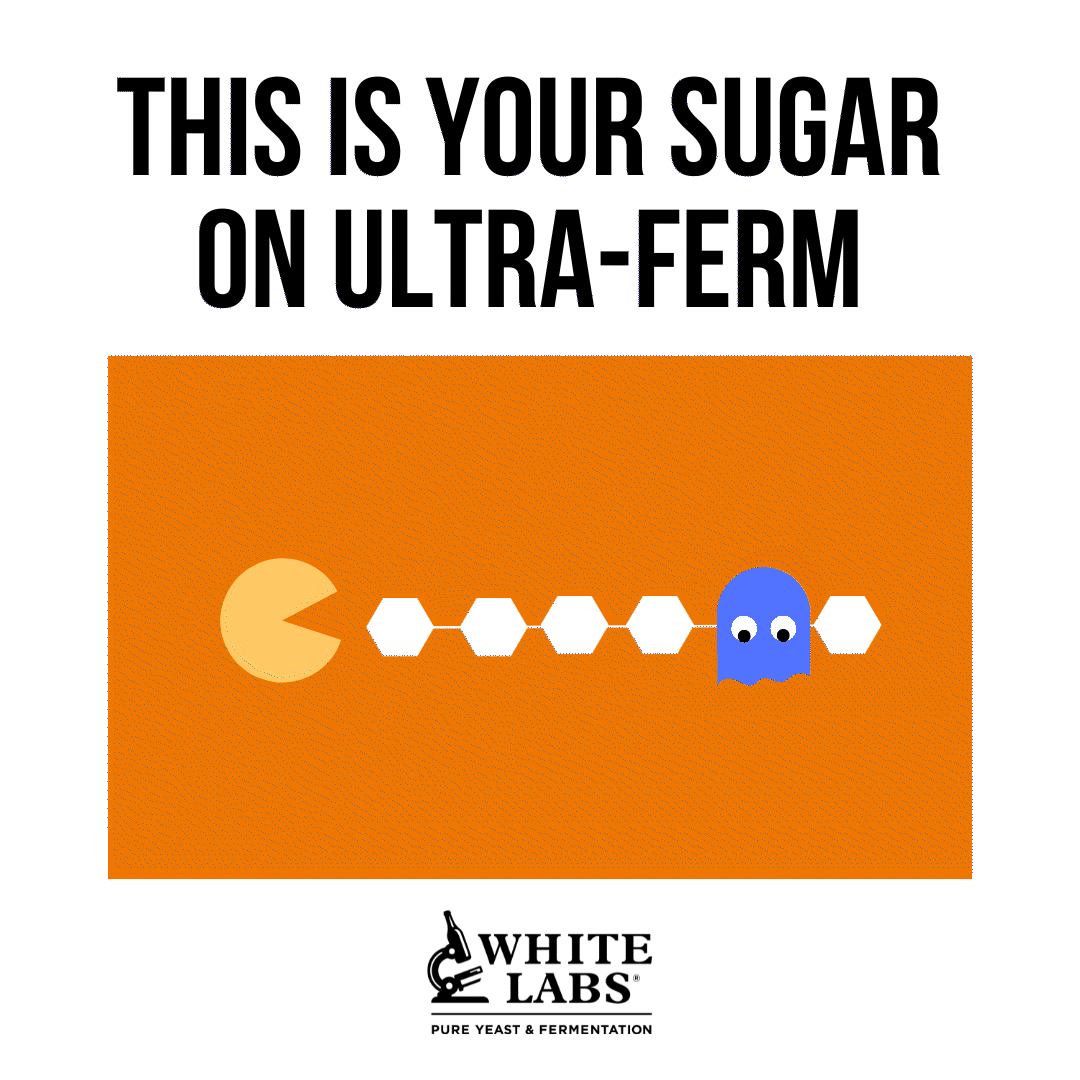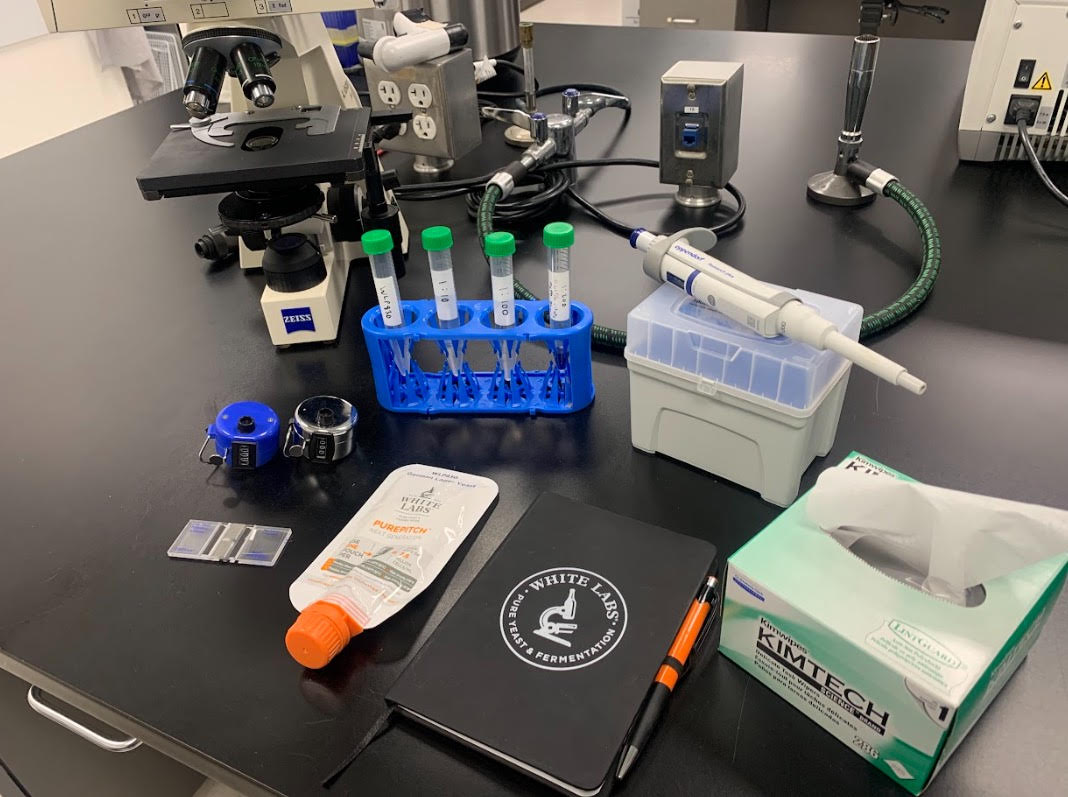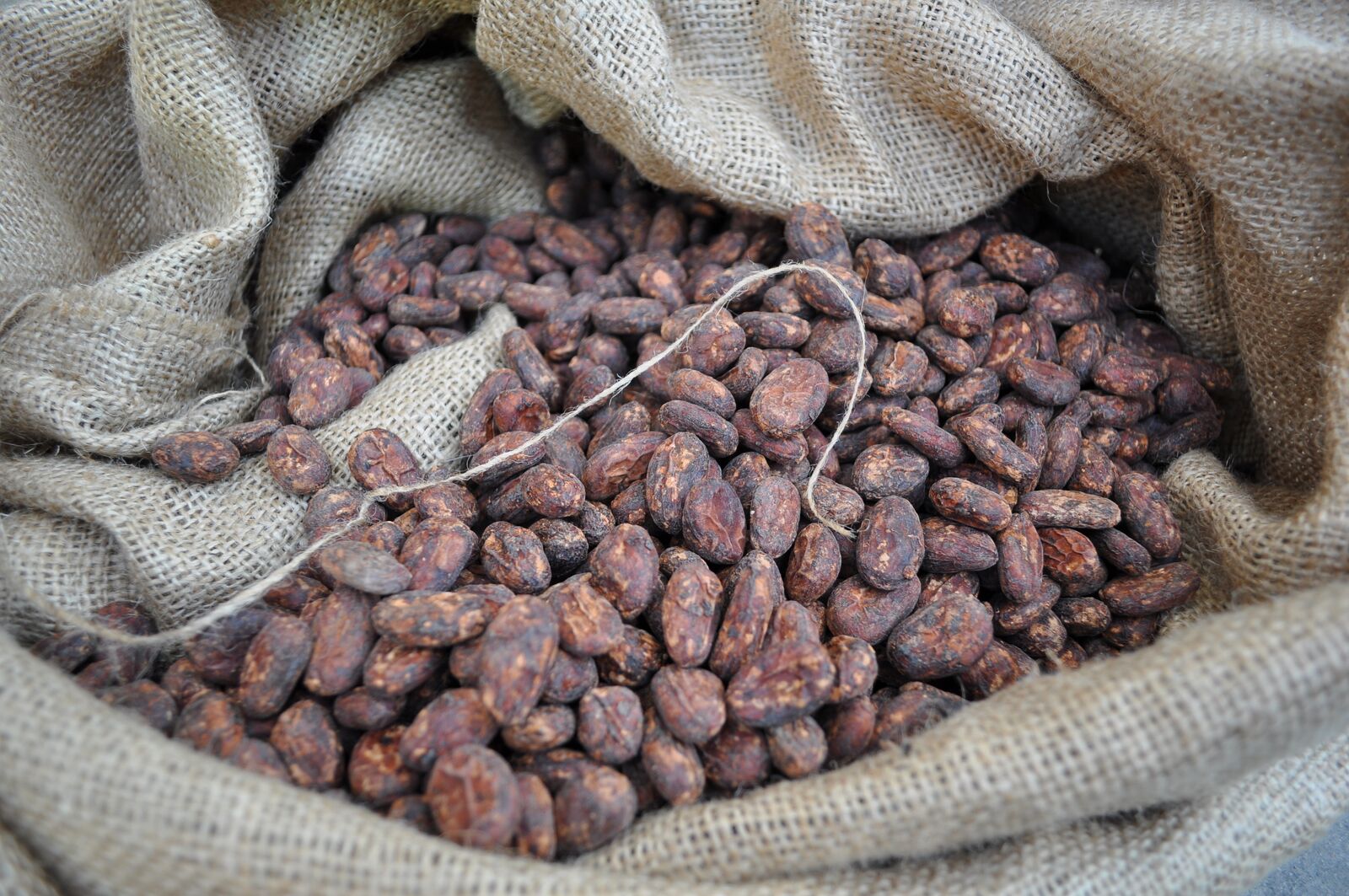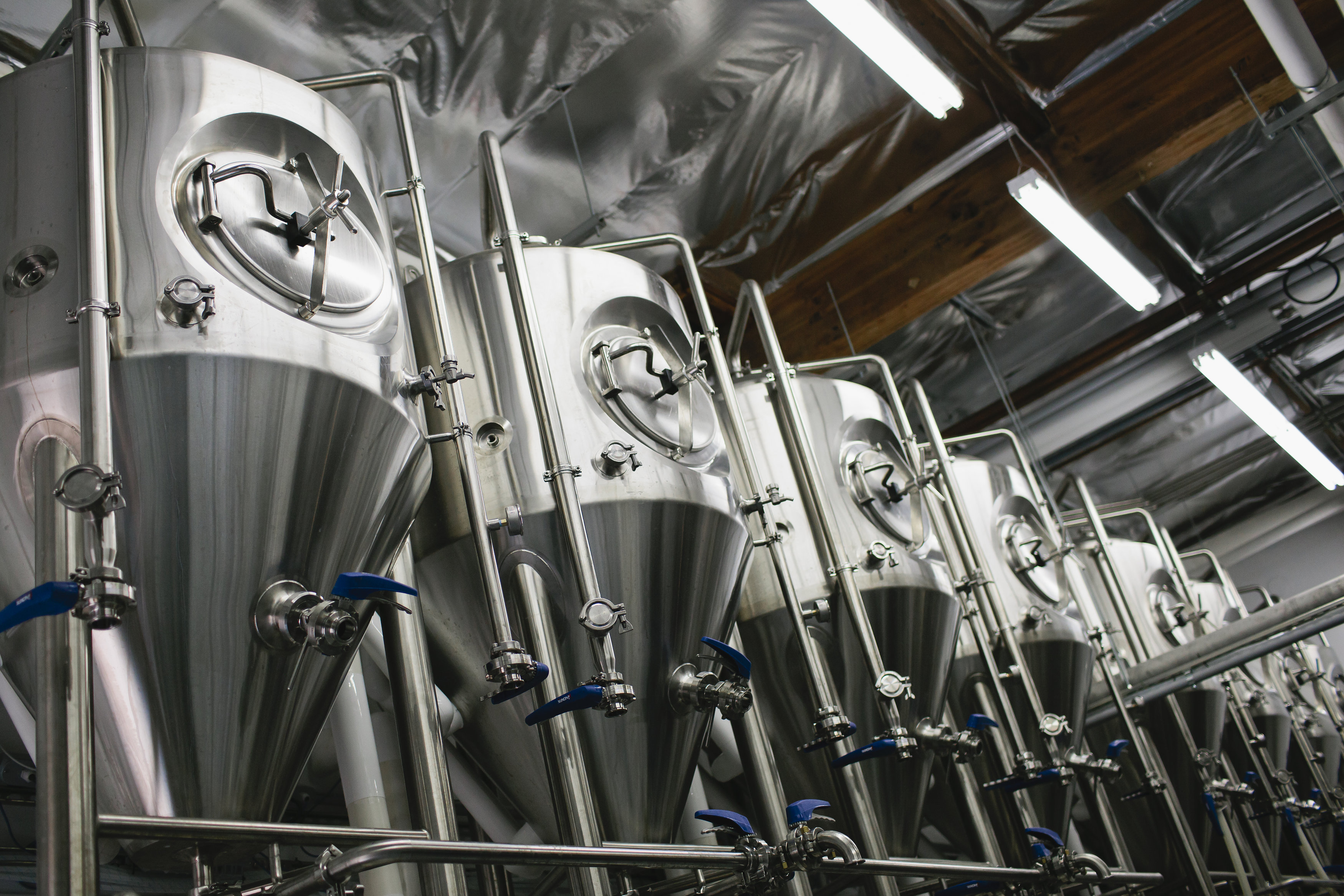Fermentable Sugars: Opti-Mash vs Ultra-Ferm
Category : Technical
Date : June 12, 2023
Author : White Labs
Enzymes are a fundamental part of the brewing process, mediating steps as vital as sugar and flavor extraction from raw materials or off-flavors removal in the final product. Different enzyme families are responsible for different tasks in the brewing process, and the careful manipulation of temperature and pH allows the brewer to choose which enzymes are active and what functions are performed.
High-quality malted grains provide all the necessary enzymes for making great beer, but there are opportunities for brewers to optimize the process without compromising quality, particularly the addition of purified enzymes.
These commercially available enzyme products contribute to significant economic savings, allowing the utilization of alternative raw materials, attenuation control, and providing better efficiency.
High-quality malted grains provide all the necessary enzymes for making great beer, but there are opportunities for brewers to optimize the process without compromising quality, particularly the addition of purified enzymes.
These commercially available enzyme products contribute to significant economic savings, allowing the utilization of alternative raw materials, attenuation control, and providing better efficiency.
Better Efficiency, More Fermentable sugars, Attenuation Control
Opti-Mash
Not having a complete conversion of starch into fermentable sugars from mashing? Opti-Mash contains a thermostable ⍺- amylase enzyme, useful in mashes that use adjuncts. ⍺-amylases are capable of cleaving the starch molecules present in grains. These enzymes cleave the α-1,4-glucosidic bonds at random locations on the starch molecule, yielding mainly small dextrins.
The thermostable versions of this enzyme can perform this function at higher temperatures (>68°C) and can be used to break starch from grains with higher gelatinization temperatures, like corn or sorghum. This helps decrease the viscosity of the mash.
- The same enzymes you find in malt, breaking down dextrins to maltose
- It can help ensure conversion through starch liquefaction
- Mainly digesting the α-1–4 bonds of starch at points within the chain, not at the ends
Usage Directions
- Add During Mash
- Maximum Temp at 167°F/75°C
- Optimum pH at 5.3-5.7
- The dosage is 15mL/BBL (13mL/HL)
- Recommended Storage: 39-46°F/4-8°C
Ultra-Ferm
Ultra-Ferm contains the amyloglucosidase derived from a selected strain of Aspergillus niger; these enzymes act on the α-1,4-glucosidic linkages of starch and dextrins, but specifically on the final glucose unit of the non-reducing end of the molecule. Traditional brewing methods permit only 75 to 80% hydrolysis of starch present in the grain raw material. Amyloglucosidase permits total hydrolysis of dextrins to fermentable glucose. This makes these enzymes the preferred option to produce highly fermentable wort or compensate for the utilization of raw materials with lower or no enzyme activity.
- Perfect for producing drier or low-calorie/low-carbohydrate beers, Ultra-Ferm is the choice for you.
- Tip: Higher Alcohol = More Calories so start with a lower gravity for Low Cal beers
- Enzymes breaking down dextrins into glucose
- Also great for distilling to create a highly fermentable mash
Calculate your Ultra-Ferm Dosage
Usage Directions
- Depending on substrate and dosage rate, an extended mash time of 2-3 hours may be necessary
- Add in Mash
- Optimal temp = 131-140°F/55-60°C
- Optimal pH is between 3.5 and 5.5
- Maximum Temperature should not exceed 140°F/60°C
- Denatures at 185°F/85°C for 10 minutes
- Stable for 12 months
- Recommended Storage: 39-46°F/4-8°C
Check out our 5 BBL Batch of WLBC American Light Lager using Ultra-Ferm
- TECHNICAL
- April 4, 2024
- TECHNICAL
- November 16, 2023
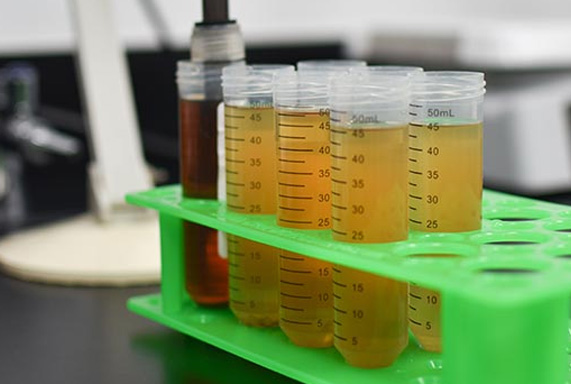 Yeast & Bacteria Bank
Yeast & Bacteria Bank
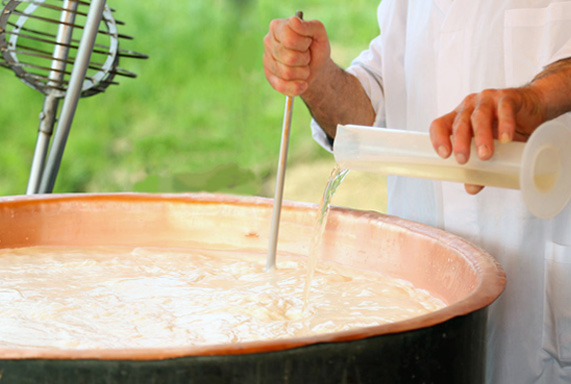 Enzymes & Nutrients
Enzymes & Nutrients
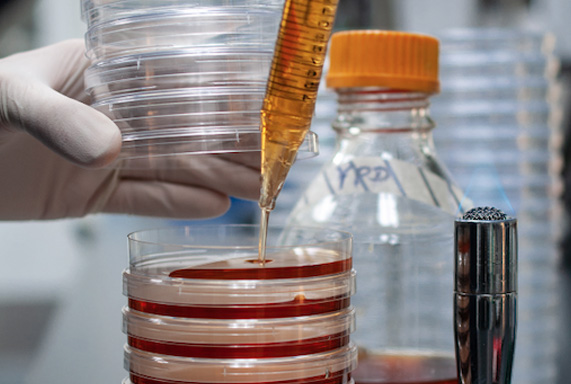 Lab Services
Lab Services
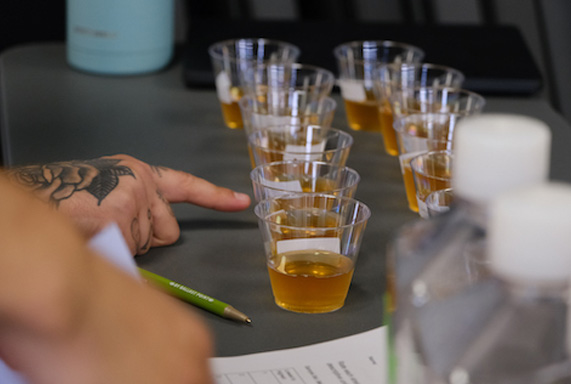 Education
Education
 Merchandise
Merchandise
